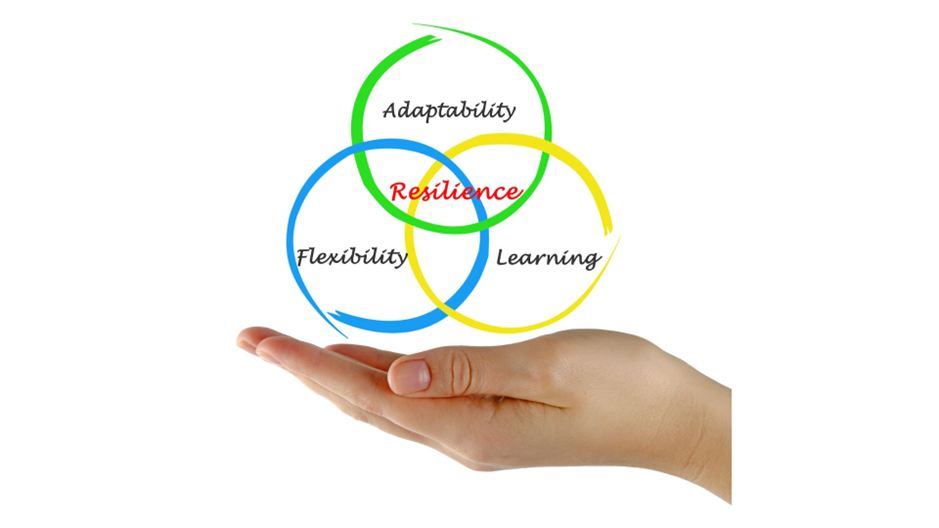Mindfulness and Leadership: A Path to Resilient and Effective Leadership

Introduction
In the dynamic and ever-evolving landscape of modern leadership, the concept of mindfulness has emerged as a powerful tool for enhancing leadership effectiveness, fostering emotional intelligence, and creating a more resilient and adaptable leadership style. Mindfulness, often associated with meditation and self-awareness, offers leaders the opportunity to navigate challenges with a clear mind and an open heart. In this article, we delve into the profound impact of mindfulness on leadership, highlighting how its principles can elevate leadership qualities and drive positive change.
The Essence of Mindfulness in Leadership
At its core, mindfulness is the practice of being fully present in the moment, cultivating awareness of thoughts, emotions, and surroundings without judgment. In the context of leadership, mindfulness enables leaders to make conscious choices, respond thoughtfully to situations, and develop a deeper understanding of themselves and their team members.

Emotional Intelligence and Self-Awareness
Mindfulness enhances emotional intelligence—the ability to perceive, understand, and manage emotions, both in oneself and others. Leaders who practice mindfulness develop heightened self-awareness, recognizing their own emotional triggers and responses. This awareness allows leaders to regulate their emotions, make informed decisions, and lead with empathy and authenticity.
Resilience and Adaptability
The fast-paced and unpredictable nature of the business world demands leaders who can remain steady amid turbulence. Mindful leaders are more resilient, able to navigate challenges and setbacks with a composed demeanor. By training the mind to stay present, mindfulness equips leaders with the capacity to adapt to changing circumstances and inspire confidence in their teams.
 Effective Communication and Active Listening
Effective Communication and Active Listening
Mindful leaders excel in communication by being fully present during interactions. They engage in active listening, absorbing information and perspectives without preconceived judgments. This fosters stronger connections, minimizes misunderstandings, and promotes open dialogue - a hallmark of successful leadership.

Mindful leaders approach conflict resolution and decision-making with a calm and rational mindset. By acknowledging their own biases and emotions, they can impartially assess situations, weigh options, and arrive at well-considered solutions. Mindfulness also encourages leaders to seek consensus and collaborative solutions that benefit the entire team.
Creating Positive Organizational Culture
Leaders play a pivotal role in shaping organizational culture. Mindful leadership encourages a culture of respect, trust, and well-being. When leaders prioritize their own mental well-being through mindfulness, they set a precedent for employees to do the same, contributing to a healthier, more productive work environment.
Conclusion
Mindfulness is not merely a passing trend - it's a transformative practice that empowers leaders to cultivate self-awareness, emotional intelligence, and resilience. By embracing mindfulness, leaders can navigate the complexities of the modern business world with grace, make informed decisions, and foster a positive and inclusive organizational culture. As mindfulness becomes an integral part of leadership development, it has the potential to shape the next generation of leaders who are not only accomplished in their professional roles but also empathetic, adaptable, and compassionate human beings.
Reference
Arendt, Johannes F W, Armin Pircher Verdorfer, and Katharina G Kugler. “Mindfulness and Leadership: Communication as a Behavioral Correlate of Leader Mindfulness and Its Effect on Follower Satisfaction.” Frontiers in psychology 10 (2019): 667–667. Web.